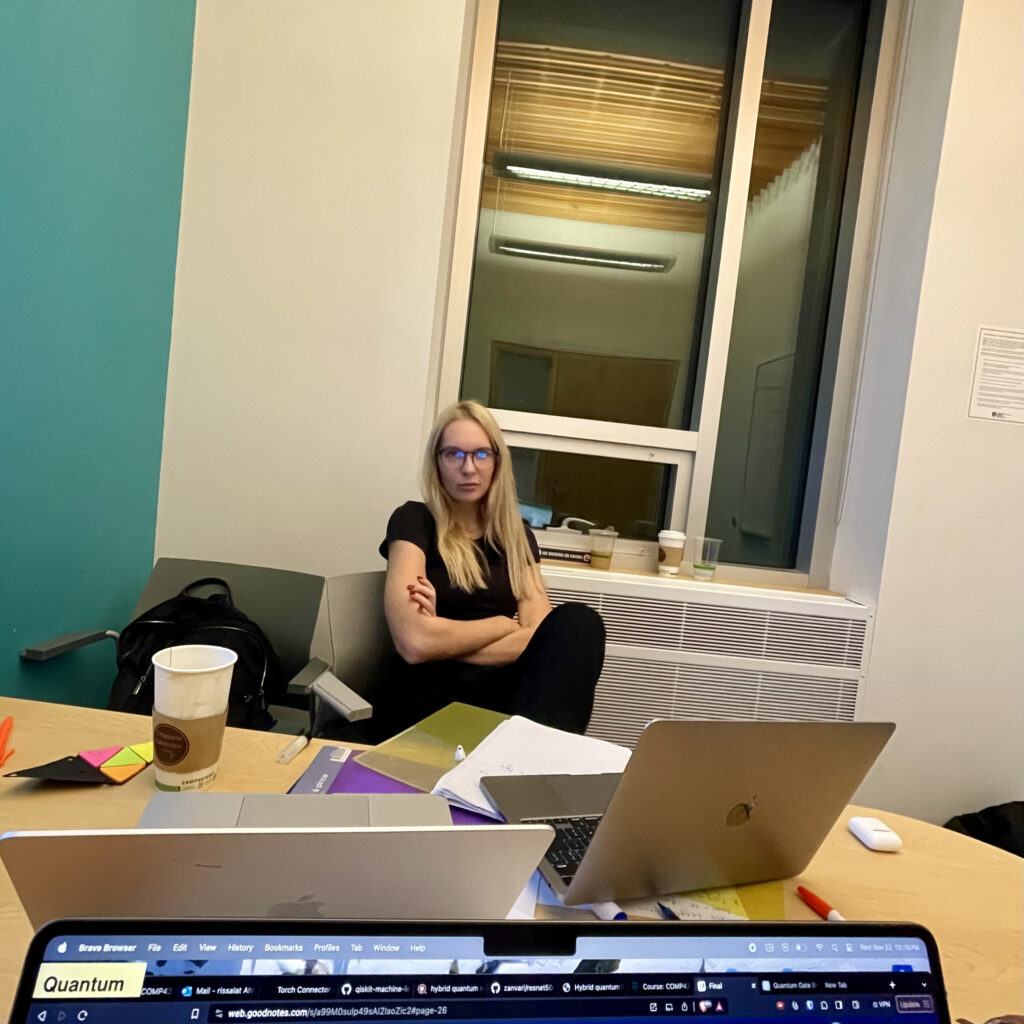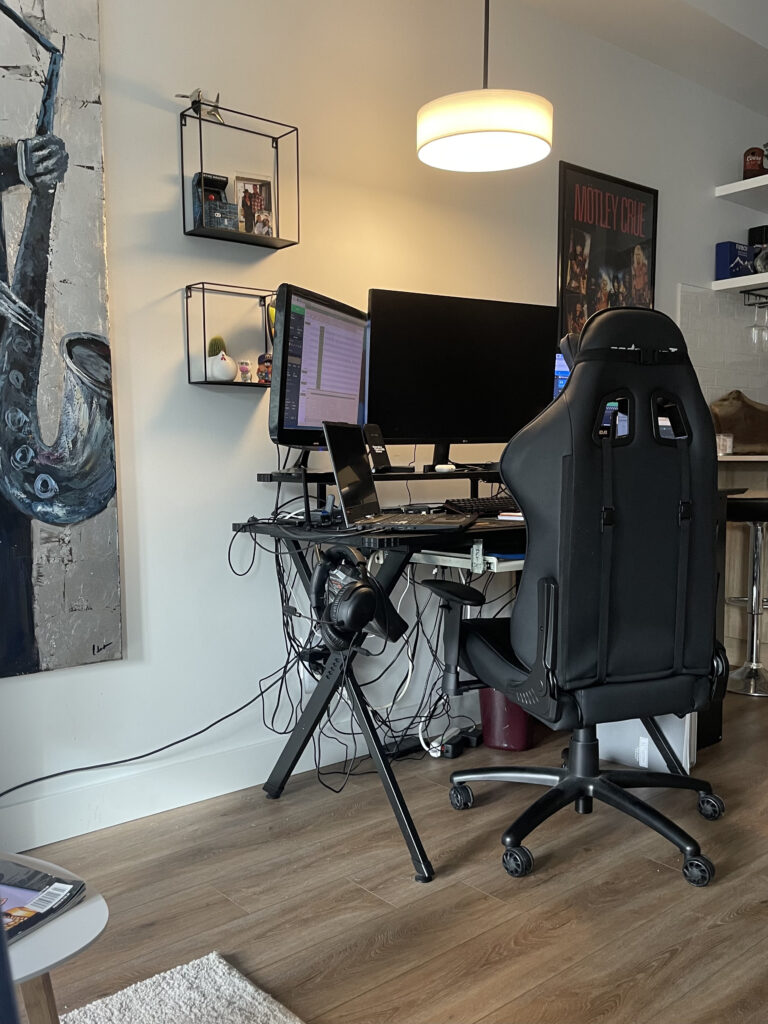The Art of Finals Preparation: A Balanced Approach to Success
Introduction
As final exam season approaches, students face the challenge of balancing intense academic preparation with overall well-being. The pressure to succeed can be overwhelming, making it necessary to adopt effective strategies that support both productivity and mental health. By focusing on key elements such as organized learning spaces, regular breaks and a supportive environment, students can successfully navigate this challenging period (University of Massachusetts Lowell, 2024).

Effective learning methods and environment
A well-organized learning space is crucial for focus and productivity. According to the University of Massachusetts Lowell, an efficient and comfortable learning environment is essential for effective learning. They recommend a quiet and comfortable place with minimal distractions to increase concentration and productivity (University of Massachusetts Lowell, 2024). In addition to the physical environment, it is also important to include regular breaks in study sessions. Research has shown that taking breaks during study sessions increases learning and productivity by allowing the brain to rest and process information more effectively (Growth Academy, 2023). Organizing learning materials in advance and using time management tools can also help optimize productivity. Techniques such as color-coded notebooks and digital journals streamline study efforts and reduce last-minute stress and confusion.

The role of breaks in promoting mental wellbeing

Contrary to the notion that continuous work leads to good results, taking regular breaks is essential for maintaining peak performance. Short, repetitive periods of studying interspersed with breaks can improve concentration and facilitate memorization of new content. The Pomodoro Technique, which involves working in intervals and taking breaks in between, is an excellent way to work at productive times and rest during breaks (University College London, 2020). Breaks do not always need to be taken separately. Creative activities such as doodling or light exercises such as desk stretches can refresh the mind while in the same space. For example, short periods of meditation or mindfulness exercises can provide mental clarity and reduce anxiety. “Even small moments of relaxation can have a big impact on productivity,” says stress management expert Dr. Kevin Moore (Moore, 2020).
Social support systems
Interacting with peers during study sessions can provide valuable support and resources on the academic journey. Building a network of study buddies not only enhances learning, but also provides emotional support and makes the study process more fun and effective (Live Exam Helper, 2022). Collaborative tools such as virtual whiteboards and group chat apps can make peer interaction even more effective. ‘These are a great way to get to know each other,’ says Dr. Laura Carter, a student advisor at UCLA. ‘Having someone to discuss ideas or share concerns reduces loneliness and increases motivation. Family support can also play an important role in relieving stress during times of pressure, whether it’s words of encouragement or practical help such as providing meals.

Connecting with nature for wellbeing

Incorporating natural elements into the learning environment has a positive impact on wellbeing. A bright, uncluttered space improves mood and encourages a positive attitude towards learning. If you feel comfortable where you are learning, you are more likely to be enthusiastic about your work (CollegeNP, 2023). Direct contact with nature, such as taking a walk in a nearby park or studying in an open window with a view of trees, has a calming effect: Students who incorporate natural elements into their routines report lower stress levels and increased concentration, according to CollegeNP, 2023. The report states. Even small steps, such as placing houseplants indoors or using nature-themed digital wallpaper, can create a sense of calm. “Nature acts as a reset button for the mind,” says environmental psychologist Dr. Rachel Kaplan. Such strategies remind students to find beauty and positivity even in stressful times.
Conclusion
Preparing for final exams requires a balanced approach that integrates effective study strategies, regular breaks and a collaborative environment. Organizing study spaces, taking intentional breaks, interacting with peers and connecting with nature can boost both productivity and mental health. If these strategies are implemented, the potentially overwhelming task of final exams can become a manageable and even rewarding experience. When preparing for exams, remember to prioritize your health as well as your academic success. The road to final exams can be challenging, but with the right approach it can be an opportunity for growth and recovery. Take the first step towards success by organizing your study space and setting clear goals for each session. Remember to prioritize your well-being with regular breaks, social connections, and moments in nature to stay focused and resilient during finals.
References
Growth Academy. (2023, March). The power of pauses: Importance of breaks during study sessions. https://growthacademy.education/importance-of-breaks-during-study-sessions/
Live Exam Helper. (2022, June). The benefits of breaks and rest periods during study sessions. https://www.liveexamhelper.com/blog/benefits-of-breaks-and-rest-periods-during-study-sessions.html
University College London. (2020, February). 5 benefits of taking breaks. https://www.ucl.ac.uk/students/news/2020/feb/5-benefits-taking-breaks
University of Massachusetts Lowell. (2024, October 8). The importance of having the right study space. https://blogs.uml.edu/wellbeing/2024/10/08/the-importance-of-having-the-right-study-space/CollegeNP. (2023, September). Top 10 benefits of a good study environment. https://www.collegenp.com/article/benefits-of-a-good-study-environment